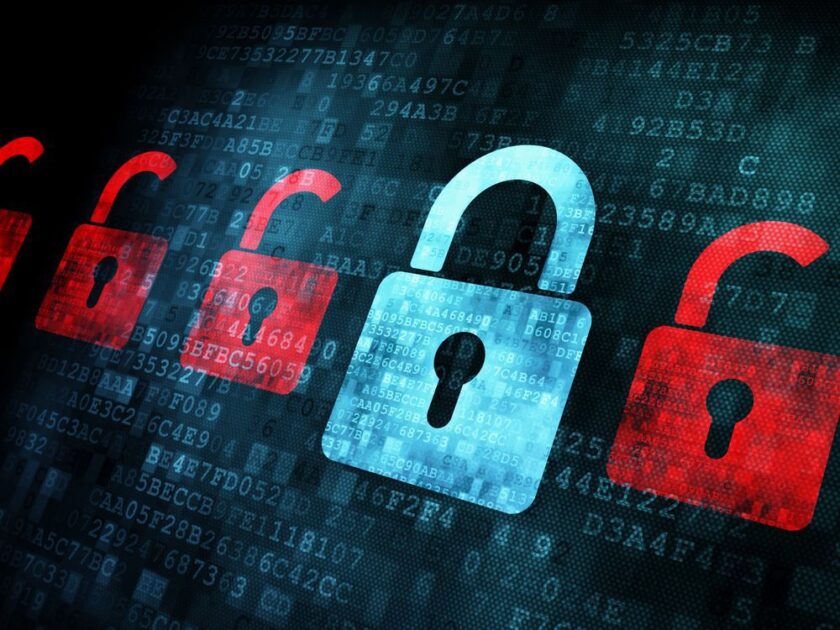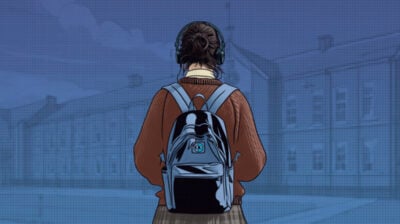Internet privacy and you: what’s to worry about?
Tips for protecting yourself online!

Internet privacy is at an interesting crossroads in Ireland right now. The National Security Agency and Edward Snowden is all well and good in America, but surely Ireland has nothing to fear? In my experience, Irish people have an attitude of “sure look, we’re a small nation, it’s grand”. Now, I’m pretty sure Ireland is safe from some of the surveillance that takes place in the US, but that’s not a reason to dismiss internet privacy and anonymity entirely.
I attended SpunOut’s privacy workshop a few weeks ago and had my eyes opened from my casual attitude. To many online companies (Facebook, for example) “everyone is interesting” – there’s no such thing as “only those who are deserving are watched”. You don’t have to be trying to hack into the Dáil’s wifi, or even torrenting, to be surveyed by websites.
Case in point: Facebook ads. I know that as someone who spends a lot of time researching and writing about sexual health online, I regularly get advertisements for Well Woman centres or PositiveOptions.ie. Someone who searches LGBT issues or actively uses an LGBT society page may get these targeted ads – including ones to “pray away the gay”. Sound awful yet?
Okay, so this isn’t the most terrifying thing in the world, but it’s a little bit creepy. But what about what is known as “metadata”, the tiny breadcrumbs you leave behind online? Checking in on Facebook, using location services on an iPhone or tagging an Instagram picture somewhere leaves a mark and that mark can be used to track where you are and – creepily – who you’re with. If it’s not Facebook that’s creeping on you, it’s certainly easy for a bully to stalk and harass with this information. Even if internet surveillance isn’t a huge issue in Ireland, cyberbullying is, and location data is just making life easier for bullies.
What can we do to protect ourselves online?
- Turn off “location services” on your iPhone or iPad – you can live without your Tinder fix and it means your Tweets and Facebook posts won’t post your location.
- Be careful with your check-ins: a restaurant or café is fine, but you wouldn’t post your address online, so why tag your home in a post?
- Google yourself. Have a look at what goes up online about you and take the necessary steps to get rid of things that you may not like. For example, my Twitter is the number 3 result for my name, so I privatised it!
- There are apps and browsers designed to make you more anonymous online – try Tor for browsing, and Cryptocat for messaging. Be careful, though, as some apps only work on Android and Apple devices!
- Clear your browsing data regularly; this is where information about your internet habits are stored and deleting this information is a small way to improve how secure you are online.
“You don’t have to be an astrophysicist to wear a seatbelt in a car”, so why should you have to be a cyber activist to protect yourself online? A few little changes could make a big difference to your online life, making it much safer and less open.






